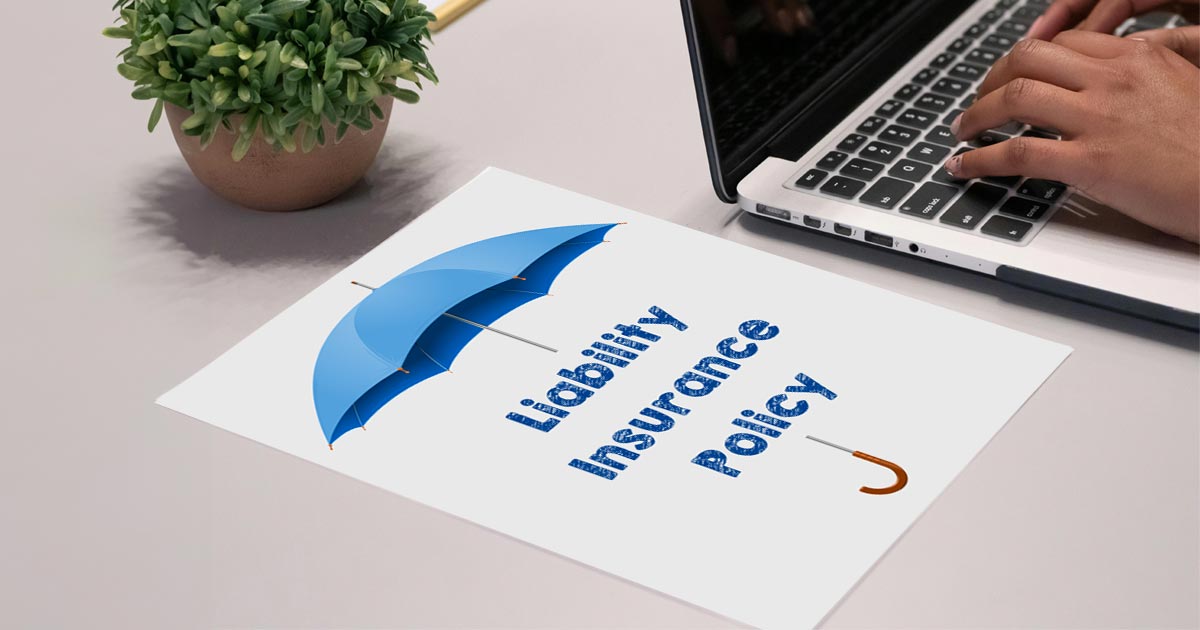Choosing the Correct Liability Insurance Policy: A Guide
Maybe, liability insurance is not a thrilling topic to talk about but it pays off big in shielding your assets and yourself too. This article aims at making the process of selecting the right liability coverage as easy as possible for you as a consultant, small business owner or someone with general knowledge in insurance.

Begin searching now so that you can find the best plan for liability insurance that suits all your needs.
Understanding Liability Insurance
Liability insurance acts as a financial cushion against unexpected costs associated with lawsuits and legal claims. It has different types which are meant to reduce specific risks. For example, professional liability insurance protects consultants when a client claims they suffered financial loss because of your advice or service.
However, it should be noted that liability insurance doesn’t only protect individuals and organizations like big companies but even independent contractors too. It is not limited just to consultants alone. In today’s litigious society this type of coverage is necessary regardless of what industry you are in or how small your business may be. No matter who you are – a consultant, doctor, real estate agent or entrepreneur – if there was one thing I could tell everyone about protecting themselves financially it would always start with having some form(s) of liability policy(ies).
Small Business Liability Coverage
Small businesses are the backbone of our economy and they also need strong protections. Rates on small business liability insurances often remain affordable still; typically averaging around $42 per month ($500 each year) for basic coverages such as general liabilities policy while many opt-in for bundled packages like BOPs which cost around $57 dollars monthly (or 684 annually) covering both commercial property insuring together under one plan along side general liabilities policies.
But remember these prices can fluctuate based on where exactly your company operates out of geographically speaking how large or what sector it falls into among many other things so its always best practice to reach out directly towards an insurance agent who will give you the most accurate tailored quote based on your needs. Don’t hesitate either when browsing through multiple online policies until finding one that fits both coverage requirements and budget constraints.
Understanding What Liability Insurance Covers
Broadly, liability insurance covers a number of legal proceedings related costs such as:
- Legal Fees: Pays for settlements, court expenses and attorneys’ fees incurred during a lawsuit against you or your business.
- Medical Expenses: It pays the cost of treating injuries which happen within your premises.
- Property Damage: Provides protection against third party properties damaged by either your activities or commercial undertakings
- Personal Injury: Handles lawsuits alleging slander, libel or defamation against your company
- Product Liability: Safeguards the business from being sued over products it sold.
Every policy has its own limits and exclusions thus; it is important to read through the fine print before making any decision!
Umbrella Liability Policies
Umbrella insurance can be very useful where claims exceed regular homeowners’ or auto policies because it provides additional personal liability coverage. This extended protection comes into play when there are areas not covered under normal scope like for example claims relating to false imprisonment, slander among others would fall. Additionally this form of cover goes beyond what conventional renter’s policy does by including liability protections associated with rentals.
Furthermore, there are other members of a family who are covered by umbrella insurance apart from the policyholder. Therefore, if a relative is held liable for an accident, this implies that under such circumstances the umbrella policy can come in to cover medical costs for injured parties. It is important to understand how your policy defines a family member so that you can ensure appropriate coverage. Additionally, while certain restrictions may be imposed by foreign laws regarding foreign owned properties and motor vehicles; still umbrella insurance offer worldwide protection.
Liability Insurance Claims Process
When dealing with claims the procedure of liability insurance usually follows these steps:
- Notification: You should report any claim made against your insurer.
- Investigation: More information may be required by your company after they have reviewed the situation.
- Defence: Legal defense could be provided if necessary.
- Resolution: A settlement might be reached or legal action taken.
- Payment: If found at-fault, then payment will be made for whatever amount agreed upon between you two and as indicated in your policy document.
You do not have to face this complicated process alone because liability insurance takes care of it all.
Choosing The Right Liability Insurance Plan
Consider these points when looking for a good liability insurance plan:
- Evaluate Your Needs: Identify specific risks associated with what industry or line of work you are involved in.
- Compare Quotes: Obtain quotations from several providers so as to secure affordable rates.
- Understand Coverage: Read through each policy’s terms and conditions carefully until everything becomes clear to you;
- Consider Bundling: Examine package deals which consist different types of insurances hence enabling one save some money
- Check Reviews: Find out what customers say about various insurers’ services levels before making final decision;
- Ask Questions: Seek clarifications on any part whose meaning is not clear enough during negotiations phase with potential insurers;
- Read The Terms And Conditions Thoroughly.
Begin Now
Although it may seem insurmountable initially, learning about liability insurance is vital to ensure both financial security and peace of mind. So start searching for a good liability coverage plan today!
Bear in mind that these are not one-size-fits-all solutions; tailor protections to suit individual needs and anticipate the unexpected at all times. If anything happens while you have a safety net in place – even if it’s an earthquake or some other disaster – then everything should be okay because there was protection against such things!






